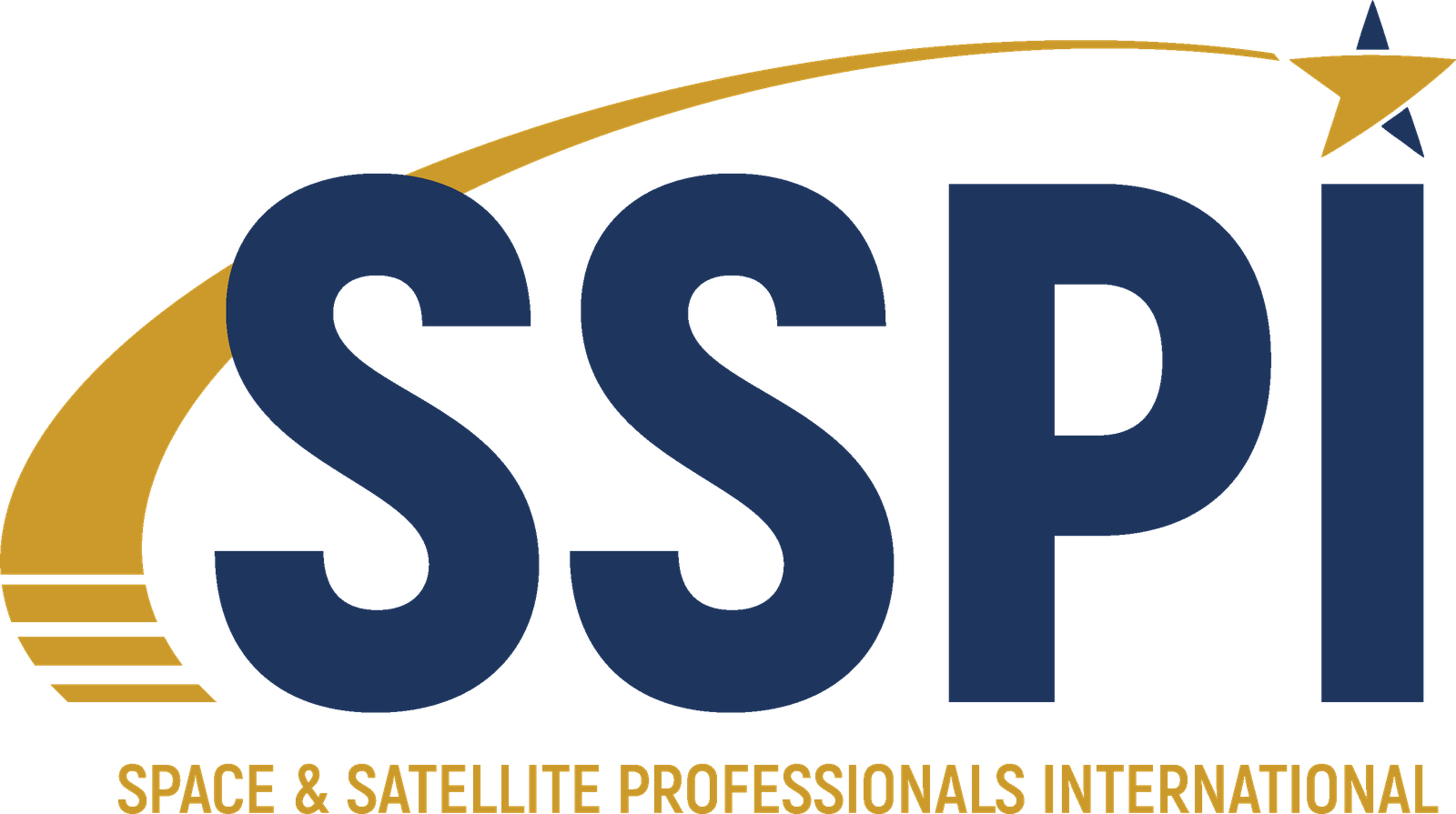By Ruth Okoh, Managing Director, Spaceboss Aerospace Consulting Ltd.

The African Space Agency (AfSA)
 The African space industry, presently valued at US$22.64 billion, has about 65 satellites in orbit, and prepares to launch 4 new ones by Q4, this year, reassuring the overall socio-economic benefits that the sector offers.
The African space industry, presently valued at US$22.64 billion, has about 65 satellites in orbit, and prepares to launch 4 new ones by Q4, this year, reassuring the overall socio-economic benefits that the sector offers.
What’s most exciting, for this month precisely and for the books as well, is the inauguration of the African Space Agency (AfSA), at the just concluded Newspace Africa Conference 2025, on April 21, at its headquarters in Cairo, Egypt. The African Union (AU), set up the agency to guide space policies across its 55 member states and support the big-picture goals of Agenda 2063. Now, with the agency in place, African leaders are more confident than ever and ready to keep investing heavily in space technology, knowing the impact will be substantive.
Spaceboss Aerospace Consulting Ltd, a private aerospace company based in Abuja, Nigeria, collaborates with government agencies and private aerospace companies across the region; focused on promoting the adoption of novel aerospace capabilities, strategy planning and fostering global partnerships with aerospace manufacturers, service providers and research organizations, to bring innovative technologies into the African market.
One key driver behind the increased national space capabilities and investment in space infrastructure, including launching 7 satellites into orbit, is private sector engagement. However, one too many indigenous hardware and software developers and operators have been springing up over the past decade, and the fact that there’s been no proper national regulation since the
set up of the national space program back in 1999, is a huge risk.

Obasanjo Space Center, Abuja, Nigeria
With Dr. Matthew Adepoju stepping in as Director-General of the National Space Research and Development Agency (NASRDA), the key requirements to roll out this long-overdue regulation and licensing processes are finally being met, as President Bola Tinubu has approved a NGN ₦20 billion (about $13 million) take-off fund. His transformative agenda is towards global competitiveness, and mainstreaming the private sector into the national ecosystem.
Public and private space organizations and individuals offering space-related products and services in the Upstream, Midstream and Downstream segments will be covered under the regulatory framework; including satellites in orbit, Ground stations, satellite services, and other space-based applications.
Apart from the security side of things, these new rules are going to directly impact the telecoms and oil and gas industries, because they depend on space-based services to function.
The Nigerian Communications Satellite (NIGCOMSAT), responsible for the management and operation of the NigComSat-1R, is pioneering startups to soar to new heights through the Accelerator Programme designed for innovators with space and satellite-related solutions.
The Space Business is... In Nigeria: Welcome to NIGCOMSAT
 In The Space Business is... podcast series, we take a look at the way the commercial space industry has spread itself to parts of the world where space and satellites were once only read about or dreamed of. In the second episode, we hear from Jane Egerton-Idehen, CEO of Nigerian Communications Satellite Limited (NIGCOMSAT).
In The Space Business is... podcast series, we take a look at the way the commercial space industry has spread itself to parts of the world where space and satellites were once only read about or dreamed of. In the second episode, we hear from Jane Egerton-Idehen, CEO of Nigerian Communications Satellite Limited (NIGCOMSAT).
Jane Egerton-Idehen is a seasoned professional Tech Executive, Author and Angel Investor. She is a dynamic executive with over 20 years in leadership roles across telecommunications, technology and satellite industries. She is currently the MD/CEO of Nigerian Communications Satellite Limited (NIGCOMSAT), leading the nation’s foremost agency in charge of managing the operations and services of the communications satellite owned by Nigeria.
Underwritten by

A glimpse into the future of Nigeria’s space economy, guarantees rapid evolution within the next 4 to 7 years; with technological advancements in developing Synthetic Aperture Radar (SAR) satellites and AI-powered cubesats. Also, the development of the SBAS (Satellite-Based Augmentation Systems) for Africa is a master key to the long anticipated Single African Air Transport Market (SAATM), and enhanced operational efficiency in other navigation-based sectors.
In all, Nigeria, and Africa largely, are taking the necessary strategic steps, and establishing the right partnerships to bring these plans to fruition. The world should pay close attention to how it all unfolds.
